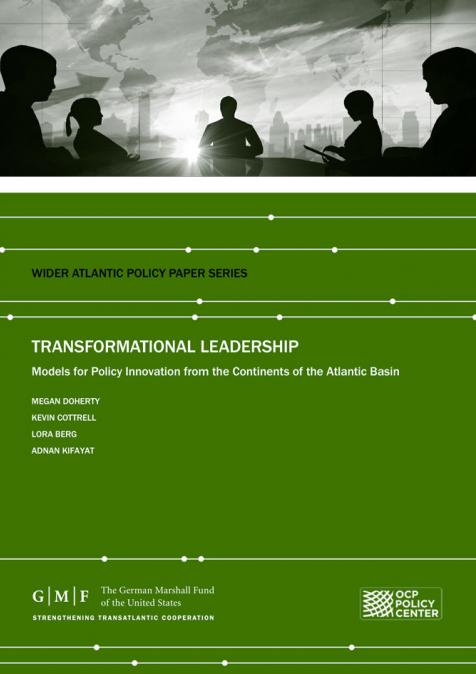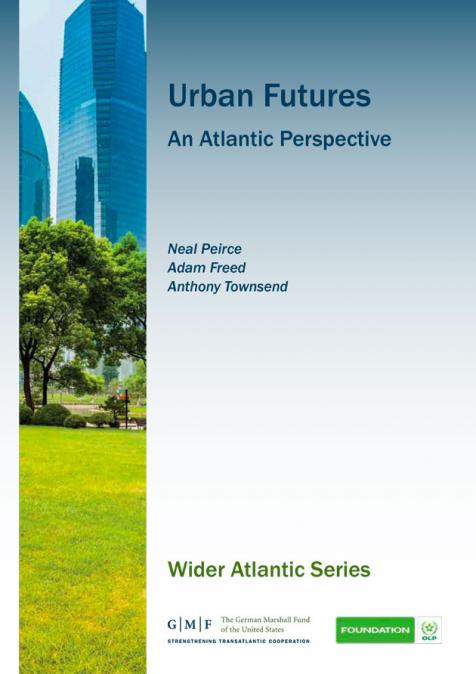The growing tensions in international relations that culminated in the war in Ukraine and the Sino-American rivalry put NATO and the dialectic of the transatlantic alliance back at the forefront of global strategic affairs. The 2022 Strategic Concept falls within this dynamic by confirming the intentions at consolidating the capabilities of NATO for the benefit of the defense and collective security of all the Allies. This adjustment leads us to consider the current period as a transition phase, and to rethink the Alliance's relationship with the enlarged Atlantic in the light of Cooperative Security. The Euro-Atlantic certainly has the strategic and economic means as well as the capabilities to occupy the preponderant place in the enlarged Atlantic space. On the other hand, the Latin American and Afro-Atlantic subgroups, marked by a long history of development and security research, are rising in power, as great emerging powers for some, due to their new global geopolitical postures and their desire for diplomatic and strategic autonomy. Therefore, the wider Atlantic cannot be reduced to a vast and simple space segmented between the Euro-Atlantic and the South Atlantic, but it must also be thought of as a relevant space for cooperative security and economic prosperity. However, there are still many questions as to how this could take shape in a world full of uncertainties.
- What is the South Atlantic’s room for manoeuvre?
- What are the intentions of the Atlantic Alliance?
- What are the consequences of the global powers’ play on the region?
- Are there opportunities for cooperation in the Wider Atlantic?




